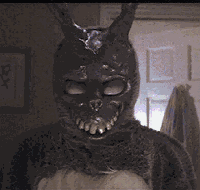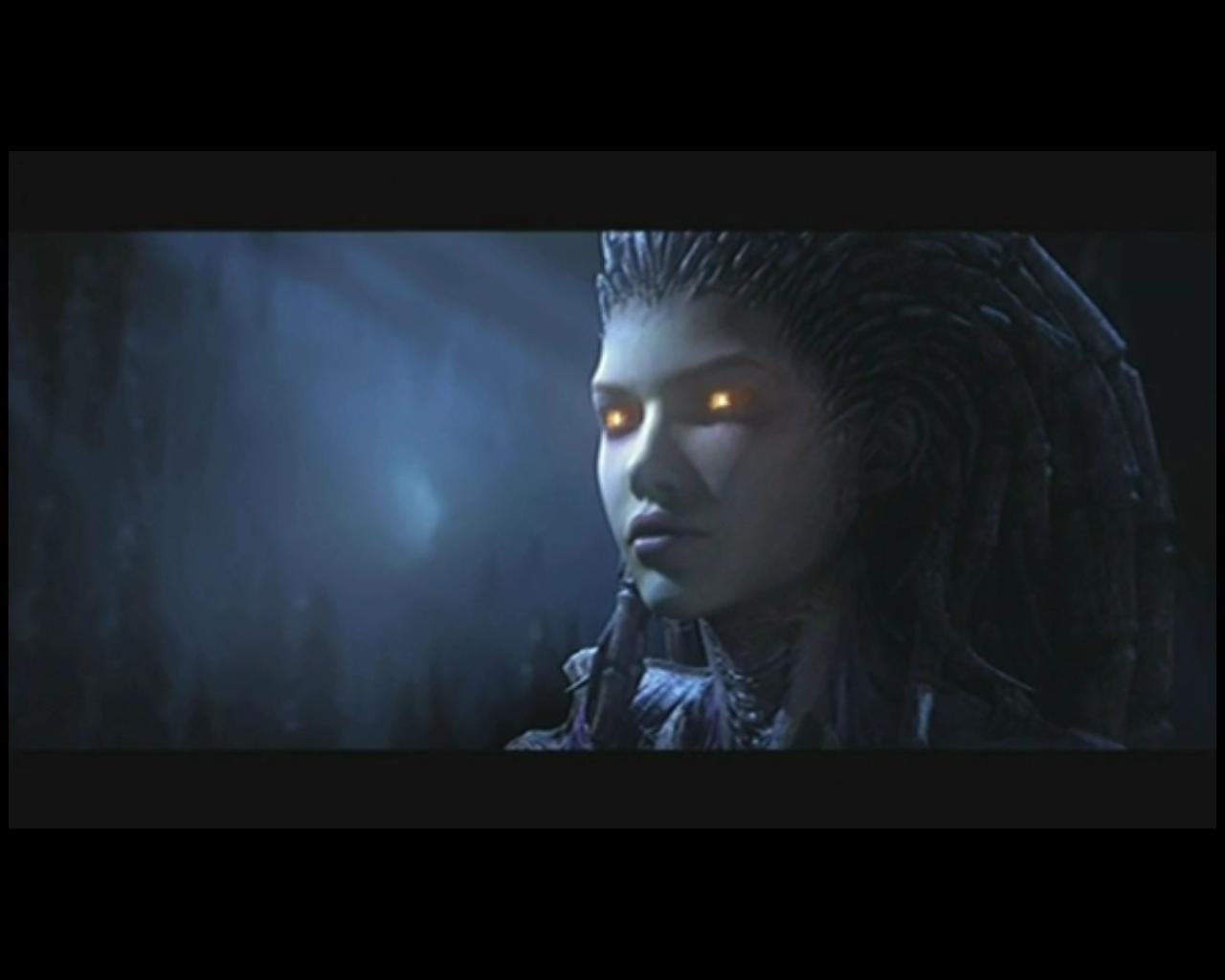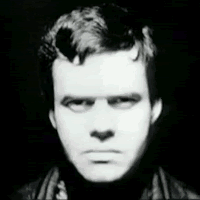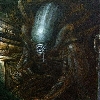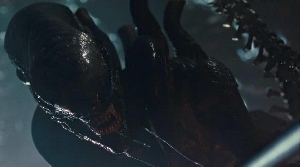Are we being too Literal

TheNextLV426
MemberOvomorphApril 06, 20124477 Views138 RepliesI enjoy all the plot ideas here but think we are being too literal with some of the things we see in the trailers. For example, a king has his reign and then he dies doesn’t mean we’ll encounter a king. It could be a referral to a species being dominant one day and history the next. The phrase is like saying every dog has his day, or 15 minutes of fame.
Because the movie is called Prometheus doesn’t mean that it’s based on ancient Greek mythology any more than Red Dwarf features small red people.
Also, RS has gone to great lengths to distance himself from Aliens 3 and 4 because of their silly plot lines, even so far as to have them ruled non cannon. I would be surprised if after declaring a movie about alien cloning (ie resurrection) as fan fiction if he goes down the route of time travel, ancient atlanteans, Weyland being an SJ, androids evolving in to xenos etc.
I’m not dissing the theories that are posted as they make great reading but I think they are wide of the mark. I think the movie will be set within believable realistic parameters that all audiences, particular the older generation like me who grew up with the film will believe and not on a way out there sci-fi premise.
Having said that, with my luck the I will be completely wrong and the film will be about an ancient time travelling xenomorph from Atlantis called Prometheus who becomes lost in time following a time travel experiment, temporarily taking the places of other people to put right what once went wrong and hoping that each leap will be the leap home.





